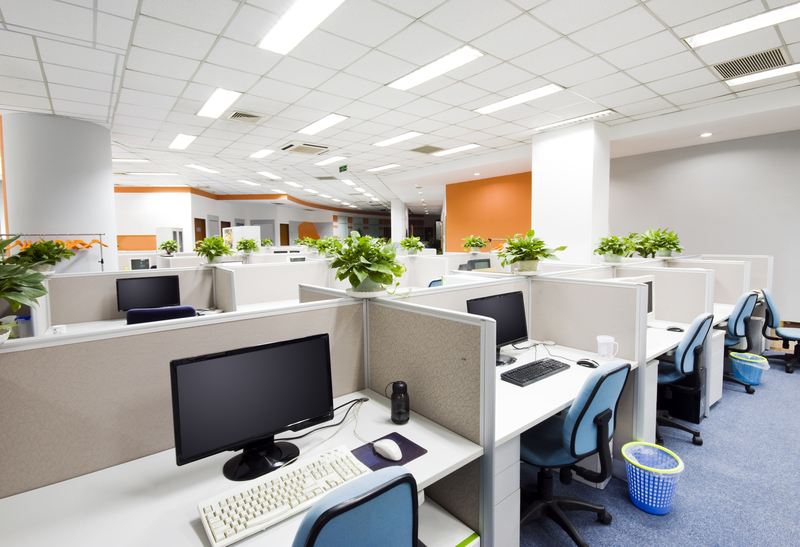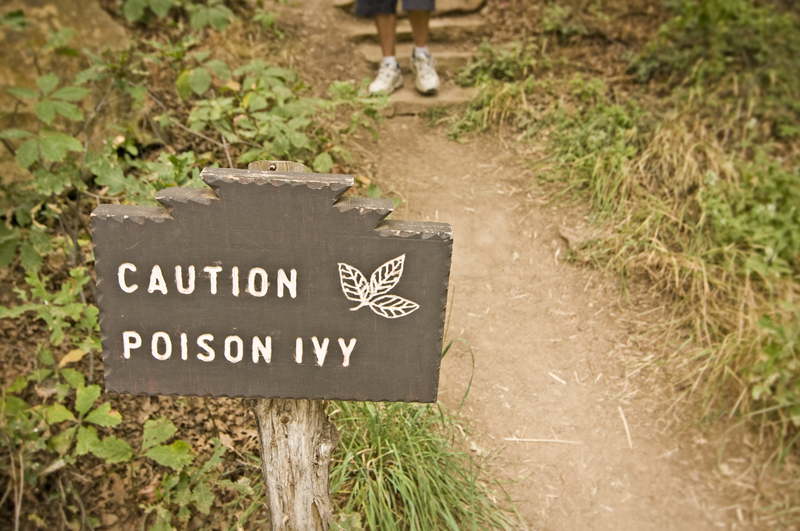Prevent Pollen Entering Your UK Home
Posted on 24/12/2024
Pollen can significantly impact your quality of life, especially during high pollen seasons. For those suffering from allergies or respiratory conditions, keeping pollen out of your home is essential for maintaining a healthy living environment. This guide will provide actionable tips and methods to minimize the intrusion of pollen into your UK home.
Understand Pollen Seasons in the UK
The UK has distinct pollen seasons that coincide with specific types of plants:
1. Tree Pollen: Typically from late March to mid-May.
2. Grass Pollen: Usually peaks from late May to early August.
3. Weed Pollen: Most active from the end of June to September.
Understanding these seasons will help you prepare better and implement preventive measures accordingly.

Seal Your Home
To prevent pollen from entering, ensure your home is well-sealed. Here are some key steps:
1. Windows and Doors: Use weatherstripping to seal gaps around windows and doors.
2. Ventilation Systems: Ensure that ventilation systems have proper filters to capture pollen before it enters your living space.
Maintain Air Quality
Improving indoor air quality can drastically reduce the amount of pollen in your home:
1. Air Purifiers: Invest in a high-quality air purifier with a HEPA filter.
2. HVAC Systems: Regularly change filters and use high-efficiency particulate air (HEPA) filters.
3. Dehumidifiers: Maintaining optimal humidity levels can also reduce airborne pollen.
Clean Regularly
Regular cleaning can help in removing pollen that makes its way inside:
1. Vacuuming: Use a vacuum cleaner with a HEPA filter to trap pollen.
2. Dusting: Use damp cloths to dust furniture and surfaces to collect pollen effectively.
3. Laundry: Regularly wash fabrics like curtains, bedding, and soft furnishings.
Personal Habits
Modifying personal habits can also play a significant role in preventing pollen from entering your home:
1. Changing Clothes: Change clothes immediately upon entering your home to avoid bringing pollen inside.
2. Showering: Showering after returning home will help wash off pollen from your skin and hair.
3. Shoes Off Policy: Implement a no-shoes policy inside the home.
Gardening Practices
Certain gardening practices can minimize the amount of pollen around your home:
1. Choosing Plants: Opt for low-pollen or hypoallergenic plants for your garden.
2. Timing: Avoid gardening during high pollen times, usually early morning and late afternoon.
3. Paving: Use paved surfaces instead of lawns or open soil to reduce pollen sources.
Pros and Cons of Reducing Pollen in Your Home
Pros
1. Allergy Relief: Decreased pollen levels reduce allergy symptoms.
2. Improved Air Quality: Better air quality helps everyone, especially those with respiratory issues.
3. Healthier Living Environment: Generally cleaner surroundings promote overall health.
Cons
1. Cost: Some measures like air purifiers and HVAC upgrades can be expensive.
2. Maintenance: Regular cleaning and maintenance can be time-consuming.
3. Lifestyle Changes: Personal and gardening habits need to be adjusted, which might be inconvenient.

Takeaways
1. Preparation: Understanding pollen seasons helps you prepare better.
2. Sealing and Filtering: Ensure your home is well-sealed, and use HEPA filters.
3. Regular Cleaning: Maintain a regular cleaning schedule.
4. Personal Habits: Change personal habits like changing clothes and showering.
5. Gardening: Be mindful of your gardening practices to minimize pollen production.
Conclusion
Preventing pollen from entering your UK home is not an insurmountable task. By taking practical steps like sealing your home, maintaining air quality, cleaning regularly, adjusting personal habits, and adopting better gardening practices, you can create a more comfortable and healthier living environment. While there may be some upfront costs and lifestyle adjustments, the benefits of reduced allergy symptoms and improved air quality far outweigh the inconveniences.
Taking these measures will not only benefit those with allergies but also improve the overall quality of life for everyone in the household. Make your home a haven from pollen, and experience the relief of clean, fresh air.
Latest Posts
Essential Tools for Passionate Gardeners
Top 9 Gardening Tips for Newbies
Top Edible Wild UK Plants and Flowers



